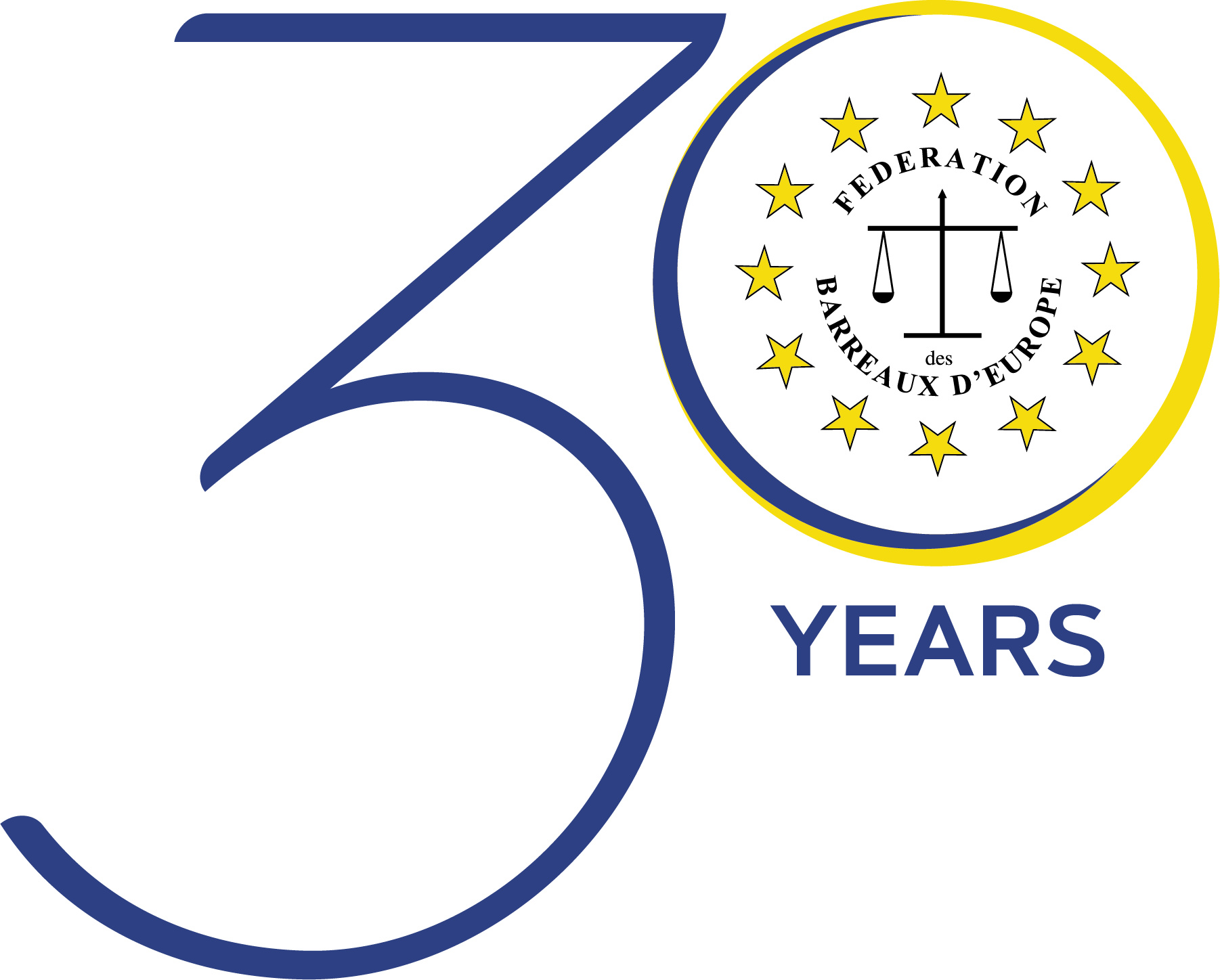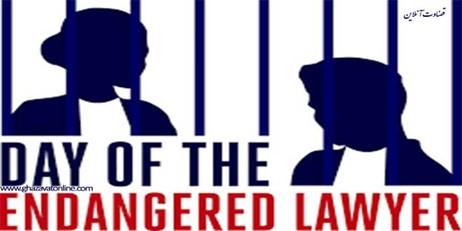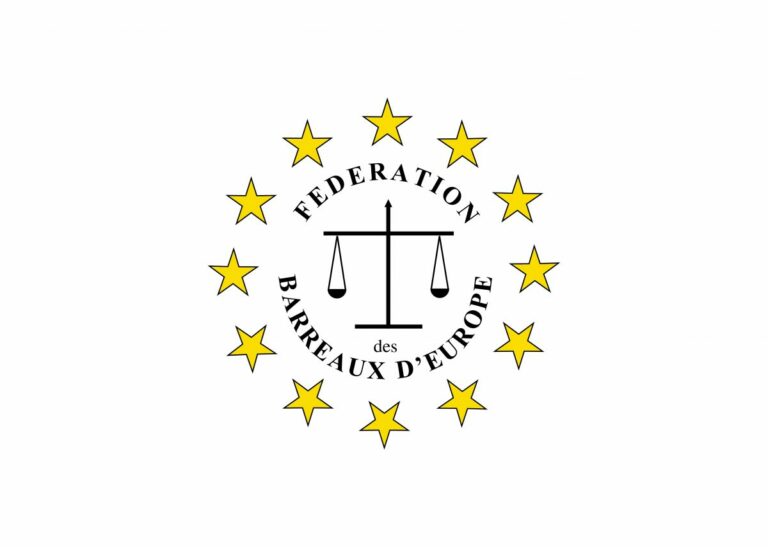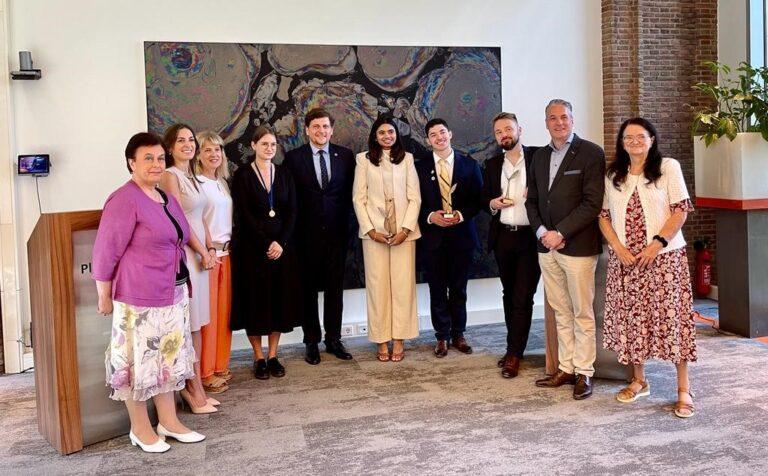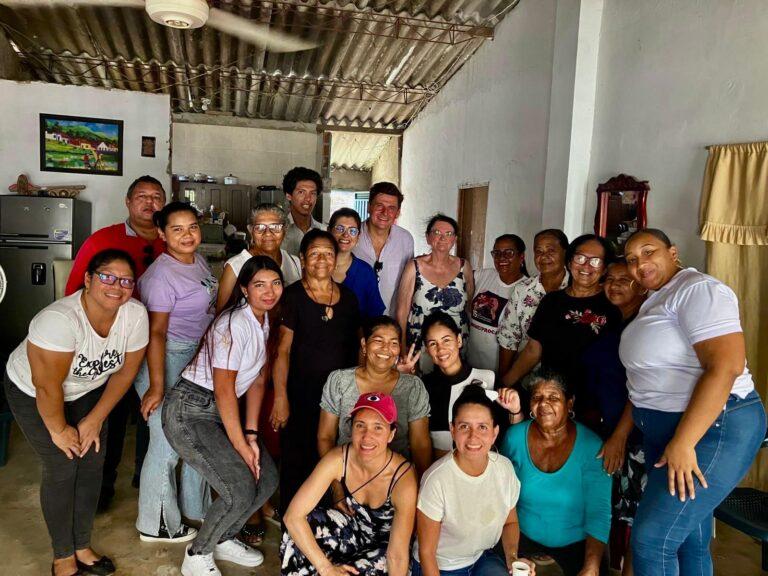Rising systemic persecution of lawyers in Iran
Lawyers continue to face systemic persecution for defending human rights in Iran, the Coalition for the Endangered Lawyer warns.
The Coalition, a network of legal organisations and bar associations from various cities, countries and continents around the world, each year organises the International Day of the Endangered Lawyer.
Since its creation in 2010, the International Day of the Endangered Lawyer has been observed on 24 January in cities, countries, and continents around the globe.
The purpose of this International Day is to draw the attention of government officials, international institutions, civil society, the media and the general public to the plight faced by lawyers in a particular focus country in the exercise of their profession. This year, for the second time since the creation of this International Day, the Coalition draws attention to the plight of Iranian lawyers as the 14th edition of the International Day of the Endangered Lawyer approaches. The Coalition has issued a report to demonstrate the dire state of the legal profession in Iran and highlight the regime’s violation of human rights. Access the report here: Iran_Final_Cu-Jb_Sy_03.09.23.pdf (dayoftheendangeredlawyer.eu)
A joint statement by the Coalition says:
“The widespread mistreatment of lawyers and the erosion of an independent legal profession in Iran is deeply concerning.
“Iranian lawyers face continual intimidation, hinderance, and harassment. They are threatened with sanctions for fulfilling their professional duties if the government disapproves of the nature of their work. When these lawyers practice against the regime’s wishes, they face conviction and imprisonment.
“Furthermore, the government is conducting an investigation into the Iranian Bar Association and will evaluate the judicial credentials of lawyers affiliated with the Bar. This intervention allows the state to designate which lawyers are entitled to practice in Iran.
“The use of intimidation tactics by the Iranian government undermines the independence of the legal profession and target lawyers simply due to the nature of their legal work.
“The Iranian regime has also obstructed access to justice and the effective exercise of human rights in the country.
“After the death of Jina Mahsa Amini, a 22-year-old Iranian woman arrested by the morality police allegedly for “improperly wearing the hijab”, anti-government protestors were arrested and denied legal counsel of their choice. Human rights lawyers representing the protestors have been targeted at an unprecedented rate. From 16 September 2022 to 10 January 2023, a total of 44 lawyers were arrested for their work defending anti-government protestors; 27 of those have reportedly been released while the rest remain in detention.
“The Iranian regime’s mistreatment of legal professionals has a chilling effect on human rights. It fosters a climate of fear and insecurity for lawyers carrying out crucial work to speak out against the severe abuse of human rights taking place throughout the country.
“We demand the Iranian government halt all acts of intimidation and harassment targeting lawyers and respect the independence of the legal profession. It is critical the Iranian regime ensures the safety, independence and human rights of lawyers in order to comply with international law, including the U.N. Basic Principles on the Role of Lawyers.”
Persecution of Iranian refugees in Albania
The FBE is also gravely concerned at the current persecution of the Iranian community in Albania. This refugee community was originally the refugee in Ashraf in Iraq, where they were attacked several times and many were killed by the Iranian Revolutionary Guard operating across the border in Iraq. 104 refugees are now being tried in their absence with charges of terrorism, and they will face the death penalty without being able to defend themselves. Iranian officials have stated in state-media interviews that the intention is to file Interpol requests for the extradition of these opponents, many of whom reside in Ashraf-3 camp in Albania. It is feared that family members of these opposition members inside Iran will be targeted. The following statement is being issued:
Condemning Iran’s Judicial Assault on Dissidents: A Call for Legal Integrity
We are profoundly concerned by an Iranian Judiciary show trial against members of the opposition Mujahedin-e Khalq (MEK or PMOI), which is a potential prelude to efforts aimed at further stifling opposition voices and endangering the lives of opponents.
The divulgence of the identities of 104 MEK-affiliated individuals by the Judiciary on 29 July 2023, all of whom have been absent from Iran for over thirty years, with many currently residing in Ashraf-3, Albania, raises significant legal and ethical questions under the principles of international law and natural justice.
Kazem Gharibabadi, Deputy for International Affairs in the Judiciary, has acknowledged certain measures by the Iranian leadership aimed at limiting the activities of dissidents located outside of Iran. In an interview with the state-run Shabakeh Khabar TV network on 20 December 2023, he said: “Most of these people are in Albania and their leadership is regrettably based in France. Recently, we witnessed several restrictions (imposed on them) by the governments of Albania and France, which were based on the information and documents provided by Iran.”
In 1988, Iran’s then-Supreme Leader Ayatollah Khomeini issued a fatwa (religious decree) that all political prisoners who remained loyal to the MEK were guilty of ‘moharebeh’ (waging war on God) and condemned to execution.
In 2009, Ebrahim Raisi, then-Deputy Judiciary Chief, publicly described the MEK in its entirety as ‘mohareb,’ (at war with God), and extended this characterisation to include all individuals affiliated with the organisation.
The designation of these individuals as ‘mohareb’ and the historical context of their treatment – including the summary execution of thousands of MEK adherents beginning in 1981 and continuing through the 1988 massacre, and to this day, following expedited trials devoid of essential legal safeguards – starkly illuminate a systemic disregard for the rule of law and due process. The blanket labelling of all MEK members as ‘mohareb’, which carries the death penalty, contravenes the fundamental tenets of justice, including the presumption of innocence and the right to a fair trial, as guaranteed under international human rights law.
In its 2022/23 Iran report, Amnesty International wrote: “The judiciary lacked independence and oversaw a repressive apparatus replete with systematic due process violations, including denial of access to a lawyer at the investigation stage, enforced disappearance, incommunicado detention, admission of torture-tainted “confessions” as evidence, and summary and secret sham trials bearing no resemblance to judicial proceedings, resulting in imprisonment, flogging and death sentences.”
The inaugural session of the trial, held on 12 December 2023, in Branch 11 of Tehran’s Criminal Court, manifested egregious departures from the principles of judicial impartiality and independence. The presiding judge opened the session by stating that the case concerned ‘terrorist hypocrites,’ effectively passing final judgement prior to even reading out the defendants’ names. The orchestration of this judicial farce, devoid of any genuine attributes of a lawful process, was further evidenced by the authorities’ refusal to accept international lawyers willing to act on behalf of the MEK members.
We are deeply concerned that these proceedings may be intended to extend the regime’s repressive measures to European jurisdictions through the manipulation of extradition processes and restrictions on political activities. Such actions would not only impinge upon the sovereignty of foreign legal systems but also represent a perilous precedent in international relations and law.
It is imperative that the international legal community remains cognisant of the potential misuse of legal systems to further political objectives.
Given these circumstances, it is crucial to recognise and condemn the manipulative tactics employed by the Iranian regime in its ongoing campaign against Iranian dissidents. As such, we call upon the international community, particularly Interpol, and the executive and judicial branches of all countries to reject any attempt by the Iranian regime to extend its suppression of the opposition outside its borders. We appeal to the UN Special Rapporteur on the independence of judges and lawyers and to the UN Special Rapporteur on the situation of human rights in the Islamic Republic of Iran to raise concerns over the targeting of these political activists. We further call on international legal institutions to strongly condemn the Iranian regime for its vicious attempts against the dissidents.
